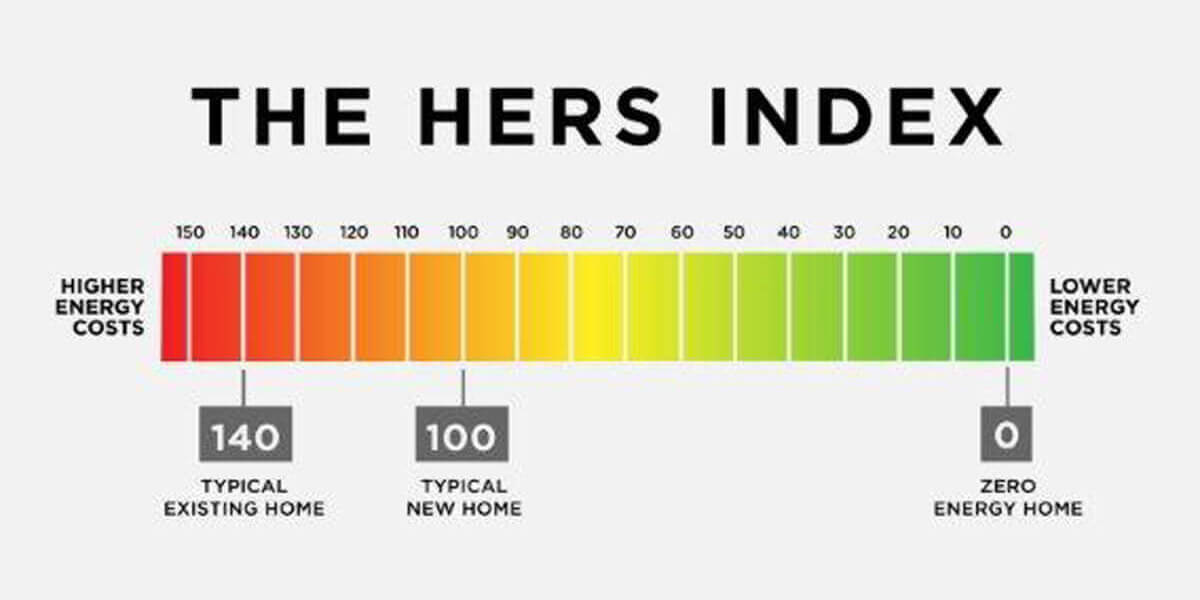With the winter solstice comes snow—at least this is what we tend to believe. If the temperatures stay as mild as they have been, especially after last winter’s lack of snow, we might not see as much snow as we expect. If the temperatures are mild, wouldn’t it make sense for our heating bills to stay low? According to a forecast recently released by the federal government, higher heating bills are on their way regardless of the mild weather.
Due to the rising cost of fuel, heating bills are expected to rise even if you consume less fuel than in past winters. The U.S. Energy Information Administration predicted the expected higher costs of bills for both oil users and natural gas users. If you heat your home using oil as fuel, the cost is predicted to rise by about $450. That brings the total heating bill to an average of $2,544 this winter. For those of you who heat your homes with natural gas, the total cost will be about $1,031. This is close to $200 higher than last winter’s bill.
The government made estimates of this year’s heating bills earlier this fall, but these predictions have already changed. With the ever-rising fuel prices, the heating bill estimates also increase. Because of these fuel prices, the most recent government predictions are higher than the projections released earlier this season.
Although the weather is currently more mild than typical New England December weather, this winter is expected to hit more typical lows compared to last year’s warmer winter. These drops in temperatures and increasing fuel prices create a perfect storm to increase your heating bill.
According to the government forecast, fuel consumption will grow by about 18%. This prediction is for both oil users and natural gas, but the specific demand for heating oil in the Northeast is higher than the available supply. After Hurricane Sandy hit the coast, the flow of refined oil products to the Northeast slowed.
In Massachusetts, the average price per gallon of heating oil is up to $3.91—three cents more than at this same time last year, according to the findings of the state Executive Office of Energy and Environmental Affairs.
With the unavoidable rise in the cost of both heating oil and natural gas combined with the predicted colder weather, there is only one way to reduce your heating bill while staying comfortable this winter. Insulate your home to retain all of the heat that you can.
A home without insulation will let out the majority of the heat that you put into it. Combat the rising costs of heating your home and insulate. Contact Dolphin to see what you can do to keep your home warm this winter and save your heating bill from the rising prices and colder weather.















